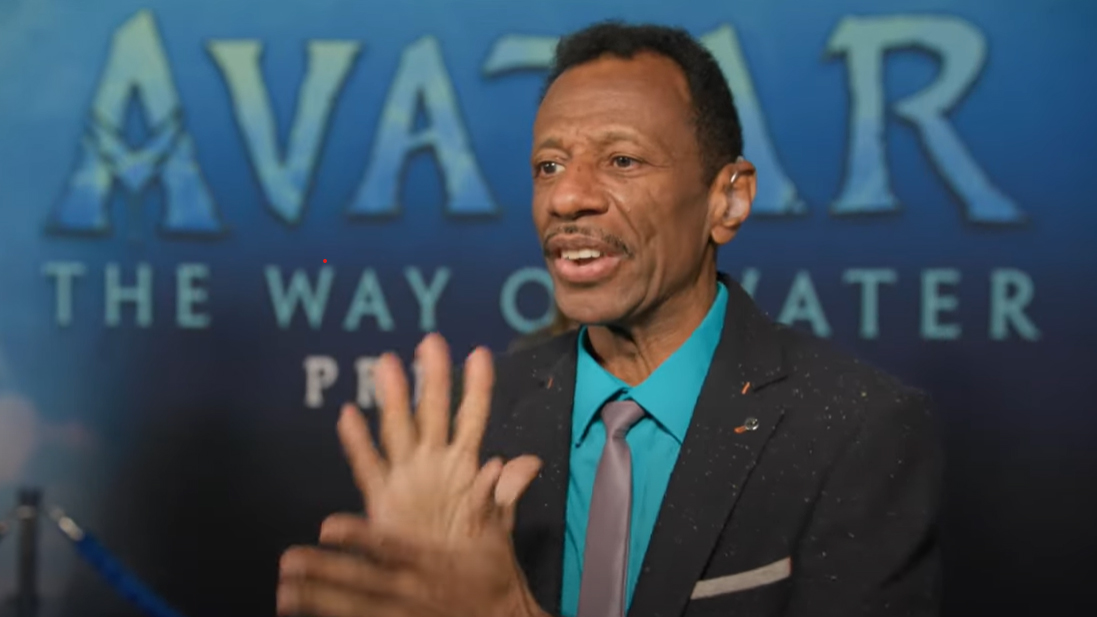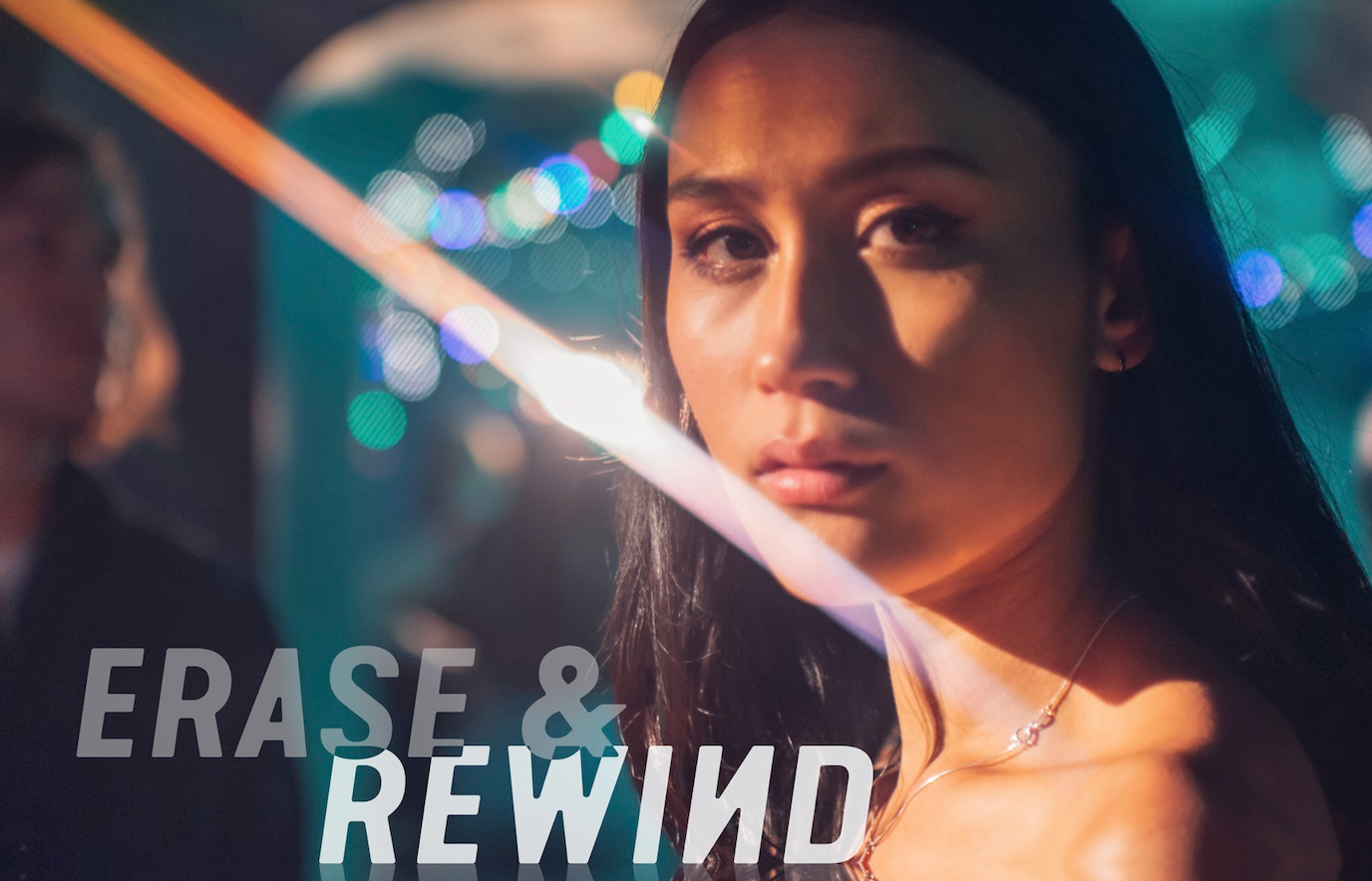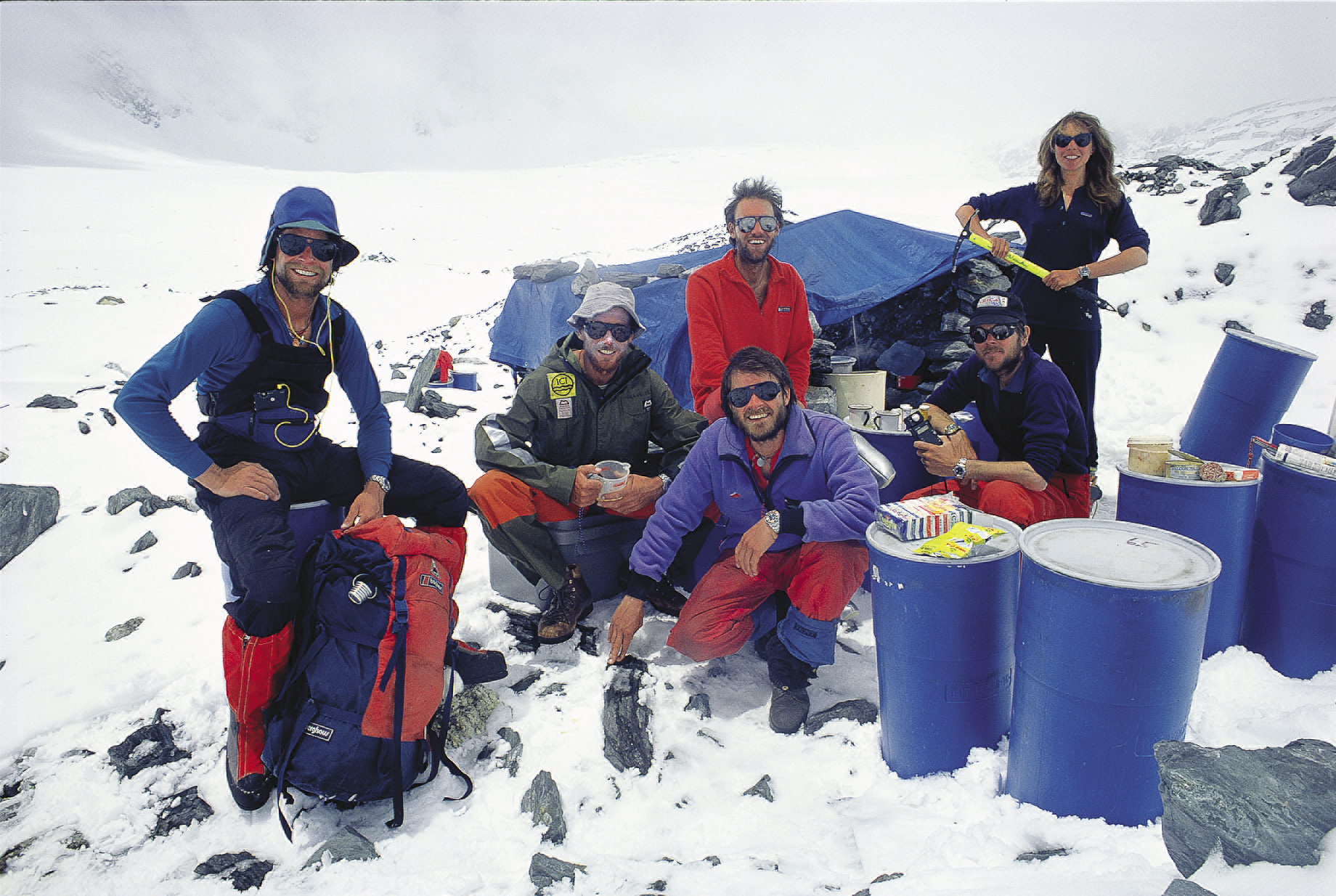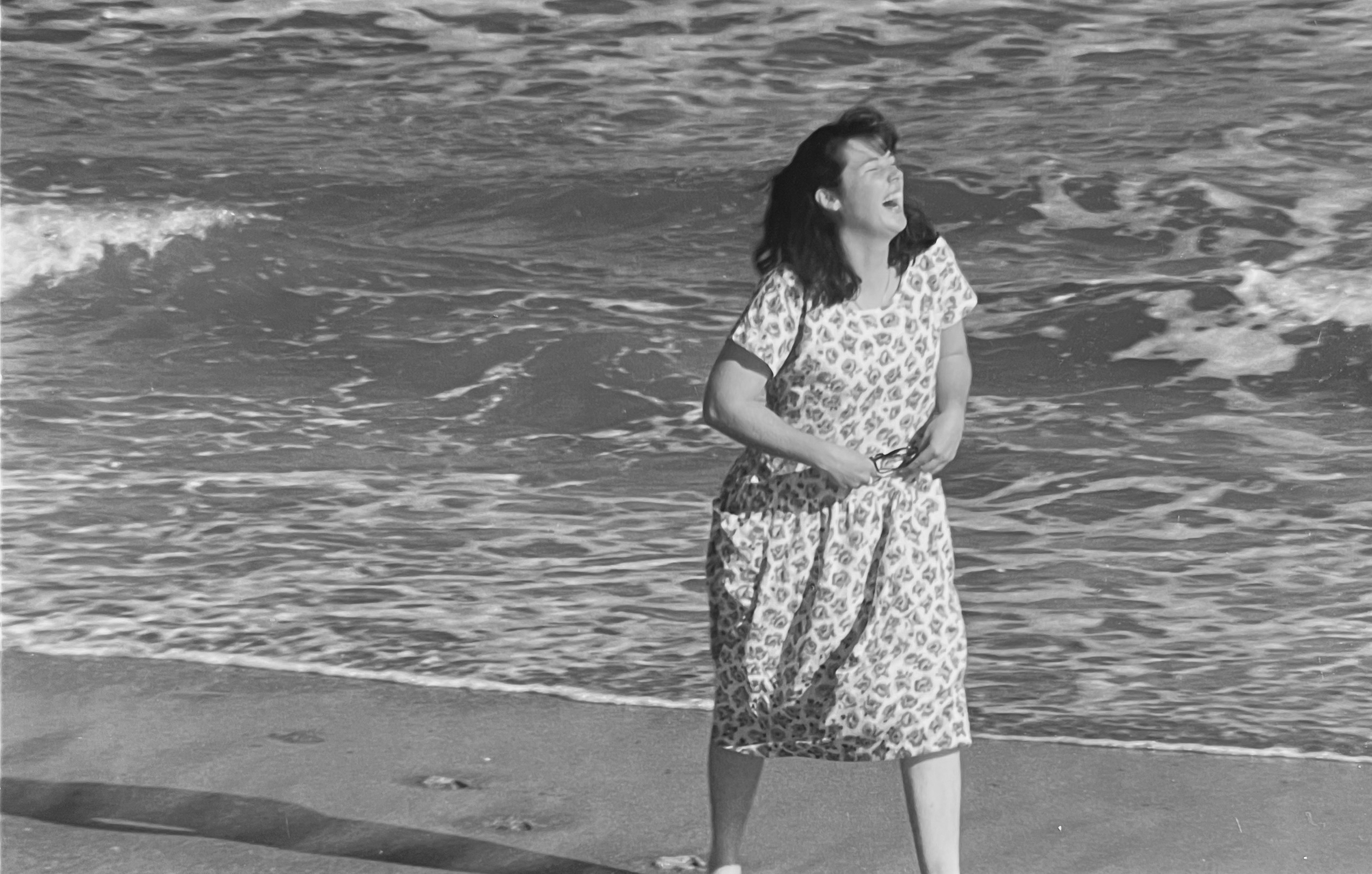
It’s easy to take education and literacy for granted in the developed world. We assume it is an inherent right for many of us. Elsewhere in the world, this is not always the case, and especially if you are female. At her ground-breaking speech before the United Nations assembly in 2013, Nobel Peace Prize winner Malala Yousafzai said the following: “Let us pick up our books and our pens, they are the most powerful weapons.”
The Pakistani education activist knows this full well, as she was shot in the head by the Taliban for advocating girls’ education despite the pressure from terrorists who seek to keep women and girls uneducated. Many terrorist organizations around the world also prey on the uneducated male population, and they become prime targets for recruiting. It is clear to see how education can be a threat to patriarchy and oppressive tradition, as it liberates the mind and empowers those to live up to their full potential.
In Afghanistan, a female writing collective is seeking to encourage girls and women to pick up their “most powerful weapons” to write and create stories, poetry and art. Free Women Writers was started by Noorjahan Akbar and Batul Moradi in 2013, after the success of a book they released called ‘Daughters of Rabia’.
It was a collection of stories about the defense of women’s rights. They named the book after Rabia Balkhi, an influential Persian poet from the 900’s who was killed by her brother, the king, for falling in love with a slave.

“She is symbolic for the women of Afghanistan because, using only her pen, not only did she break misogynistic customs by daring to fall in love, but also made the rigid class system of her time shake by loving a slave. She exemplifies our fight not only for gender equality and education but also social justice as a whole,” says a description on a Facebook post about the creation of Free Women Writers.
The two authors created Free Women Writers as a way to promote human rights, social justice, and egalitarianism using their pens. Part of their mission is also to change the stereotypical (and often negative) narrative around women in Afghanistan.
“We are aware of the fact that Afghanistan, in particular Afghan women, are misrepresented in Western media and often talked about without being listened to. We hope to challenge the one-dimensional portrayal of Afghanistan and Afghans at a global level by providing authentic Afghan voices,” they explained.
They believe fostering education, literacy, writing and art will help to continue dismantling religious radicalism, terrorism, environmental degradation, economic inequality and corruption.
The group also recognizes the real threats to women’s lives in Afghanistan even today, despite the official Taliban rule ending in 2001 and a current President who supports women’s rights. There are still many areas, especially rural ones, which are known as Taliban-controlled enclaves that have seen violence toward everyday people in recent years.

“In Afghanistan, where daily terrorist attacks, poverty and war, have led to the sustenance of a culture of violence and inequality, we hope to nurture literature and use our voices to fight terrorism, patriarchy and radical religious interpretations as well as unjust capitalism that may lead to environmental decay, economic inequality or dehumanizing portrayals of women in the media,” says Free Women Writers.
Cultural oppression such as forcing women to wear the hijab, discouraging girls from pursuing an education or a career, early or child marriage, and harassment and intimidation are a daily reality for many women and girls. However, we are also seeing an increase in women utilizing artistic and literary platforms to break through these norms.
Utilizing social media and the internet as a tool for empowerment and fostering a like-minded community of women who want to raise their voices against injustice, Free Women Writers has become a go-to destination for stories that have not previously found a way to be publicly shared.
To date the site has published over 350 articles and poetry in Persian, Pashtu, Uzbeki and more recently in English. In an interview with Women You Should Know writer Lydia Solodiuk, FWW founder Noorjahan Akbar says they want people to know Afghanistan women are much more than the oppression they are surrounded by.
“We have a beautiful history of fighting against oppression and standing up for our rights. I think the fact that we go to schools, we teach, we write, we sing, we protest… in a country where we can be killed for the simple fact of being women is telling of our resilience. I want everyone to know that Afghan women are unbreakable. We are determined to fight for our rights and no amount of oppression, threats, violence, insults, will stop us from doing so,” she said.

In a conversation with the Popular Discourse blog back in September 2016, Noorjahan talks more about the women’s movement at large in Afghanistan, saying it is not one big monolith and still growing.
“There are a lot of efforts that are laudable. These efforts have different goals. For me the ultimate goal for any women’s movement is to create an equal society where we won’t need a women’s movement. We are far from that in Afghanistan and around the world,” she said, adding that the country is still in the process of finding itself after 5 decades of war and conflict.
The threat of extremism is still worryingly close, but statistics show how important continued social activist efforts are, as well as the mission of organizations like Free Women Writers.
“In the recent years, despite the Taliban and insecurity, we have made huge progress. Just the fact that 8 million children, 40% of them girls, go to school is something that makes me hopeful. We have more female teachers and university students right now than any time in the history of our country. Women are gaining more political power and more women have jobs than before. Women are now part of the army and the police. They are parliamentarians and musicians and athletes. But of course we have a long way to go,” said Noorjahan.
Free Women Writers is part of a movement to liberate women and girls by giving back their public voice, albeit anonymously as times so as to protect their contributors from internet trolls and harassment. They are always interesting in new poetry, visual art pieces, essays, narratives, op-eds, or short story submissions. To find out more about the collective, visit the website, or email info@freewomenwriters.org.

















